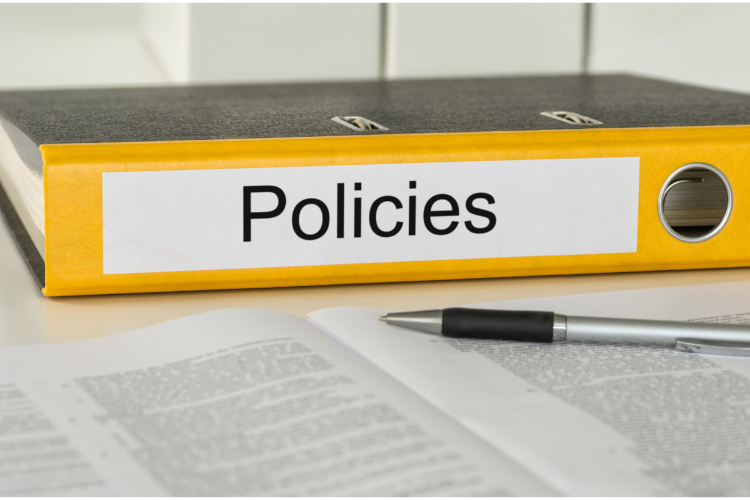
Besides a constitution and bylaws, it is essential for boards to have policies in place that clarify the components and implementation of its legal fiduciary responsibilities. Often a board will begin with the organization’s bylaws – the core legal document that outlines the structure and operation of the governing board – and will help guide the development of any further policies needed to guide their work of the organization. The board should be certain that the bylaws are consistent with applicable laws, the board’s needs, and the highest principles of fiscal integrity and that they are amended as necessary.
An effective policy is meant to provide a course of action, a principle, or a protocol, which is adopted or proposed by an organization or individual, that will guide decisions and help achieve rational outcomes.
Policies can be as common as a Conflict of Interest Policy or Ethical Conduct Policy used by many boards, or policies can be unique to the organization’s specific culture of operation and discipline. Possible board policies include:Policy on forming Committees (if not in bylaws)
- Ends Policy
- Conflict of Interest Policy
- Ethical Conduct Policy
- Harassment Policy
- Privacy Policy
- Whistleblower Policy
- Customer Service/Complaint Policy
- Financial Control/Spending Policy
- Intellectual Property and Usage Policy
Whatever policies the board agrees are necessary to ensure the consistent decision-making and outcomes for the organization, it should also agree on regular monitoring and review of the policies in place. Organizations and their environments continue to evolve and the policies that help guide them need to adapt.

